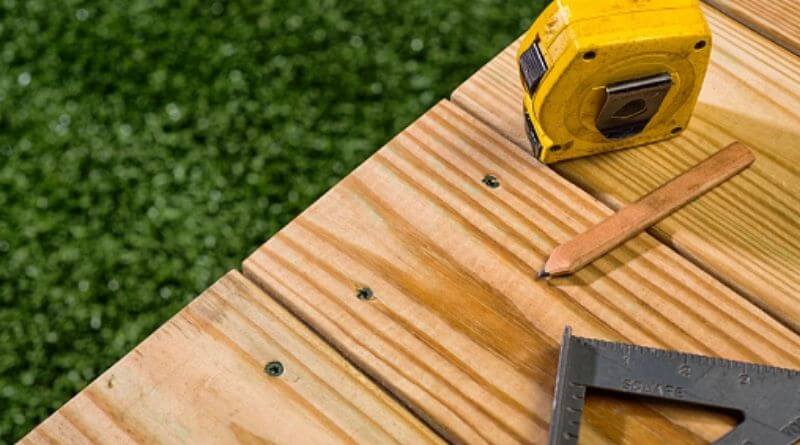Many factors come into play while deciding the best decking material for your home. So many factors come into play while deciding the best decking Sydney material for your house. Brite Decking Australia who are experts in the field says that “While wood was once the only option, there are now a plethora of alternatives”. However, keep in mind that not each of them is created equal. Here’s some information on the different types of deck materials to consider if you’re looking for the best decking material for your needs and budget.
Here are different types of deck materials to consider while looking for the best decking that suits your needs and budget.
- Pressure Treated Wood
Pros: This is still the most popular option, accounting for nearly 75% of all new decks. People gravitate toward the wood because it has been chemically treated to resist rot, mold, and insects—and its low price point doesn’t hurt either. It’s pretty much everywhere, and it’s simple to put together. Previously, chromate copper arsenate, a suspected carcinogen, was used to treat pressure-treated wood. It is now treated with less harmful chemicals, making it safe to use in the home.
Cons: This type of decking material requires frequent maintenance because it has a tendency to crack or warp over time.
- Redwood
Pros: Redwood is another excellent natural option that shares several characteristics with cedarwood, including natural tannins, a light but durable finish, and a beautiful color. On the other hand, redwood is more difficult to come by, especially in the country’s eastern regions. (This could also explain why it costs about $6 to $8 per square foot more than cedar.)
Cons: It’s also worth noting that redwood and cedar both require an annual power wash and a coat finish every two to four years. To be sure, this isn’t a particularly strenuous maintenance regimen, but you must remember it!
- Composite Wood
Pros: Composites are made to resemble real wood and are available in a wide range of natural-looking grain patterns and hues. These boards, which are made from a mix of plastic and waste wood fibers, won’t splinter and don’t need to be painted and stained because of their built-in UV resistance.
Cons: Composites are more expensive and heavier than most woods, and they must be scrubbed regularly to avoid mildew, but when you consider the cost of maintenance for a wood deck, the total cost may be comparable.
- Aluminum decks
Pros: While you may have never seen an aluminum deck before, they do exist. They’re useful in a variety of ways, including the fact that they won’t warp, rust, splinter, crack, rot, or check, and that they’re mold and weather-resistant. In addition, it’s very easy to care for them because you don’t have to worry about insects, and they’ll never peel or blister. You’ll also be pleased to know that aluminum decking is lighter than wood, composite, and plastic lumber while also being two to three times stronger.
Cons: Good things aren’t cheap—aluminum is the most expensive of all the options, costing an average of $11 to $12 per square foot, with some companies charging even more.
The Bottom Line
Safety checks are critical when deciding whether to repair or replace a deck because signs of an unsafe deck may not be obvious. Also, if you’ve built your deck before 2004, it was most likely made of chromate copper arsenate-treated lumber. Refinishing on a regular basis helps to seal the toxic arsenic found in CCA decking. However, if the finish is flaking or worn off, we recommend hiring a professional who can safely remove the old finish, debris and dust before refinishing it.









